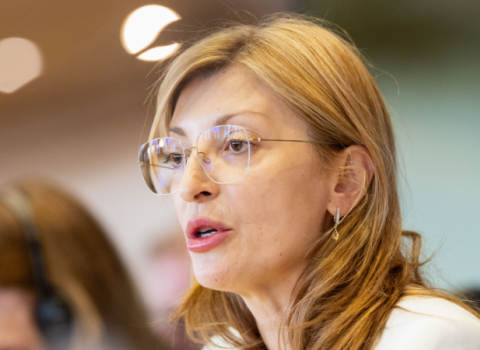
Euroscience, as a community-based body, says it believes in the bottom-up consultation process and calls on the Commission follow this route, rather than create an insider club by establishing six experts groups as a sort of private consultation.
The European Research Area should state unequivocally Europe’s aim for global leadership. “We must not be ashamed of this ambition,” says Euroscience. But aiming for leadership will only be credible if Member States and the Commission address institutional and financial weaknesses, which have to do with the current inadequate distribution of responsibilities for science, technology and innovation in Europe.
More action is needed from the Member States, says Euroscience. More money should be transferred to the European-level; portable social security and pension schemes have to be created; and fiscal measures are needed to promote innovation.
The EU increase funding for the European Research Council, focus on schemes such as Joint Technology Initiatives to tackle social challenges, with targeted research in which industry can play a leading role, and on research infrastructures for which central funding is required.
The European Research Area will only succeed if the basic fiscal policies and investment are in place, and coupled with a targeted and cohesive approach. “There has to be an involvement of all the players, individuals and corporate, in non-bureaucratic funding structures, taking best practice from across Europe for the benefit of all. Only in this way can we release the huge intellectual potential of the European Union and the wider Europe.”





 A unique international forum for public research organisations and companies to connect their external engagement with strategic interests around their R&D system.
A unique international forum for public research organisations and companies to connect their external engagement with strategic interests around their R&D system.